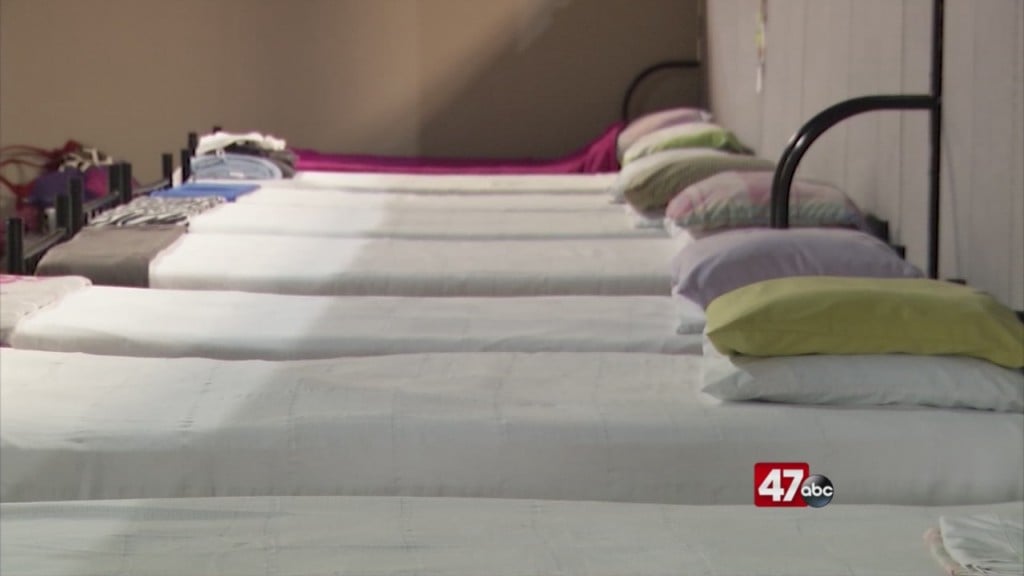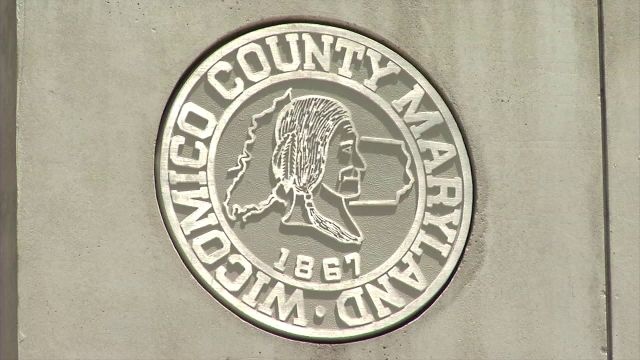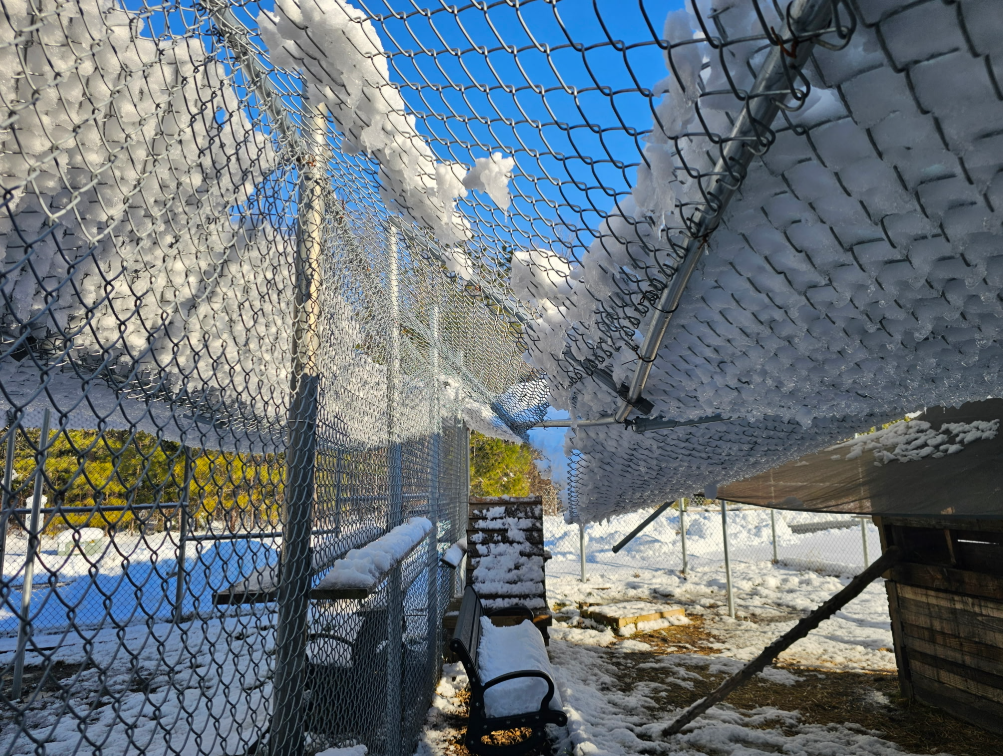A helping paw for veterans and first responders
SALISBURY, Md. — For nearly a decade, U.S. Kennels has been giving veterans and first responders a new sense of purpose by pairing them with service dogs. The Salisbury-based nonprofit trains both the dogs and their handlers, offering support that extends far beyond obedience lessons.
Where It All Started
Founder and executive director Chris Hardy said his inspiration for U.S. Kennels came during his service in Afghanistan, where his dog, Dirk, boosted morale among troops.
“I’ll never forget this little girl,” Hardy said, recalling a visit to a hospital. “She reached over, started grabbing Dirk’s ears, and began to laugh and smile. When they brought her in, she never laughed, never cried, no emotion at all. That was the first time she showed any expression. I’ll never forget that.”
After returning home, Hardy was diagnosed as 100% disabled with post-traumatic stress disorder. He said the experience convinced him to dedicate his life to helping others.
“Giving back to my brothers and sisters became my mission,” Hardy said. “Dogs have always been my niche, and I knew from that little girl in Afghanistan that this was my calling.”
Puppies in Training
Retired U.S. Army First Sergeant Adam Bruce has been training his service dog, Oreo, for four months. After 21 years in the Army, he said the companionship has eased his transition into civilian life.
“It helps me to go up and speak with people,” Bruce said. “Everybody loves a dog. They see a dog, they want to say hi. She’s always there for me. She’s my little friend, the one that comes up and licks my face to say, ‘Hi Dad, everything’s okay.’”
Hannah Bowers, a trainer with U.S. Kennels, said the process begins when the dogs are young. “We start when they’re puppies, so they develop a relationship with their owners from the very beginning,” Bowers said. “It’s very cool to see the bond grow between the veterans and their dogs. It’s unbreakable.”
More Than Service Dog Training
Former U.S. Army Sgt. Dan Atkinson joined the program in 2017 after leaving a Department of Veterans Affairs hospital. He was paired with his dog, Gus, and said the program quickly became life-changing.
“I requested to stay with the program so I could learn to help my brothers and sisters,” Atkinson said. “It absolutely changed my life. I’ve been training since 2019 as the head dog trainer.”
For many veterans, the hardest part of life after service is rejoining civilian society.
“While you’re in the military, when you ask for something, it gets done immediately,” Bruce said. “When you get out, people don’t always work like that. It’s been a tough transition.”
Atkinson agreed, saying even simple tasks such as grocery shopping could feel overwhelming. But the training process helped him adjust. “You’re focused on your partner, your service dog,” he said. “It makes you forget about everything else. Over time, it helps you acclimate to those feelings and get through them.”
The organization rescues dogs from shelters and provides them free of charge to veterans and first responders. U.S. Kennels works with 10 to 15 participants each year, and training lasts about two years.
“This gives veterans purpose, responsibility and a reason not to isolate,” Atkinson said. “It’s therapeutic. We also have an open-door policy. If someone is having a bad day and just wants to come hang out, they’re welcome.”
Everyone Becomes Family
Beyond training, Hardy said the group fosters camaraderie.
“Once they come in, they’re part of our family, our brotherhood and sisterhood,” he said. “We do more than just train. On holidays, we cook dinners, we have karaoke nights. It’s a safe place.”
Bruce said the friendships have been just as meaningful as the training. “My favorite thing is the people,” he said. “Yes, they’re here to help me train my dog, but they’re also my friends. You can’t find that everywhere.”
Atkinson echoed that sentiment.
“This isn’t just dog training,” he said. “It’s about helping those who helped our community and our nation. That means everything to me.”
A Helping Hand
The program covers all costs, including food, veterinary care and training supplies. With more than 30 dogs in the program at a time, expenses add up quickly. “Any pet owner knows how expensive it can be,” Atkinson said. “Now multiply that by dozens of dogs. That’s why donations are so important.”
Hardy said community support has carried the program through its first decade, but funding remains the organization’s greatest need. “We’ve saved a lot of dogs, but more importantly, we’ve saved a lot of lives,” Hardy said. “We rescue the dogs, we bring them together with veterans. There’s no greater bond.”
Those interested in donating can visit the group’s website: U.S. Kennels


